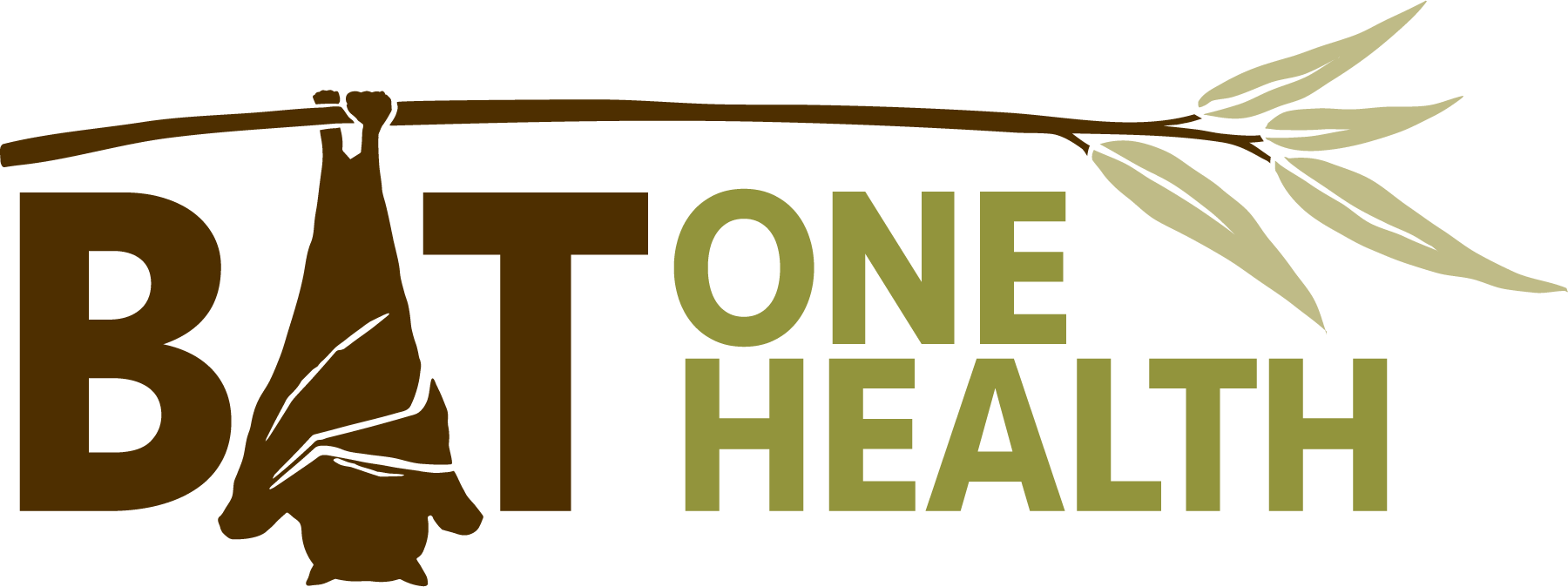Bat OneHealth PhD student receives prestigious fellowship for Cambridge
Tamika Lunn, a PhD student working with the Bat OneHealth research group, was awarded a prestigious Endeavour Fellowship to work with fellow Bat1Health principal investigator, Dr Olivier Restif, on mathematical models of flying-fox community structure and Hendra virus dynamics.
Tamika was one of only four Australians to be awarded a 2019 Endeavour Postgraduate Leadership Award. As part of her fellowship, Tamika will be spending nine months at the University of Cambridge, learning and applying state-of-the-art quantitative skills to her complex datasets of flying-fox ecology and disease. Through a detailed analysis of the data, Tamika hopes unravel the interactions between bat population structure and patterns of virus shedding through space and time, and assess the plausibility of hypothesised but unobservable mechanisms of virus circulation in bats.
The partnership between Tamika’s home institution, Griffith University, and the University of Cambridge will enable the transfer of highly valuable and specialised skill in advanced mathematical modelling, and collaborative opportunities to compare disease dynamics in different flying-fox systems. Hendra virus is an excellent model system for understanding bat-virus transmission and disease spillover into humans globally. Tamika will contribute complex datasets and extensive experience on this system that will facilitate new insights into Cambridge’s comparable, but less well characterised, study systems in Africa. This cross-fertilization of ideas will generate novel hypotheses regarding density-dependent transmission of viruses, and create a platform for future modelling of bat disease risk worldwide.
Beyond mathematics, the University of Cambridge hosts world-leaders from a diverse range of fields related to disease ecology. Tamika said “The Endeavour Fellowship program is an exciting opportunity to work closely with experts outside my discipline. Gaining in-depth knowledge on cutting-edge mathematical modelling approaches will be a strategic advancement on my skillset, and I hope will equip me with the technical skill needed to design and implement novel research applicable to many areas of disease ecology. I’m hopeful these new networks will open a number of opportunities and contacts for future, multi-disciplinary collaborations, and propel me into exciting, multi-disciplinary pathways moving forward in my academic career.
While Tamika is in England, she also plans to meet with potential new collaborators and give talks at neighbouring institutions throughout Europe. If you would like to host Tamika as a visitor, please get in touch at tamika.lunn@griffithuni.edu.au

